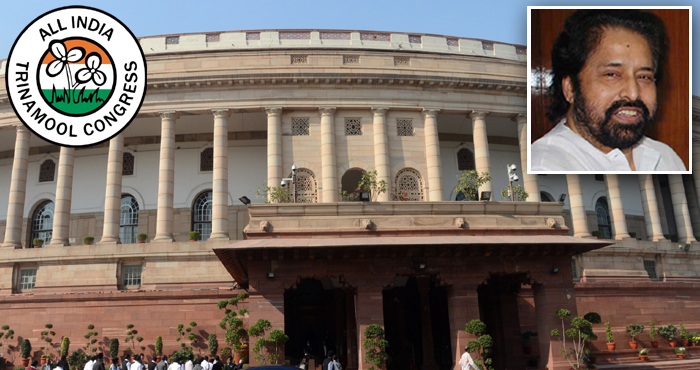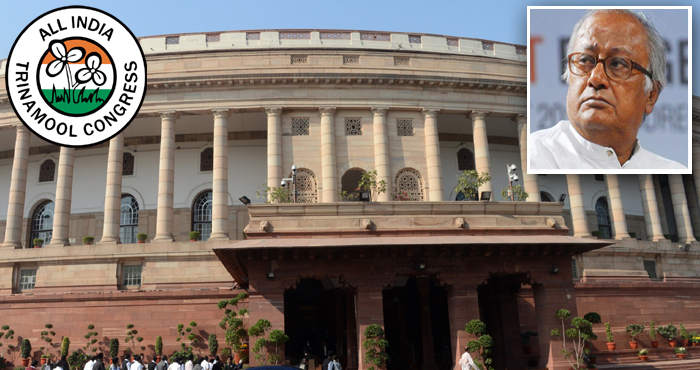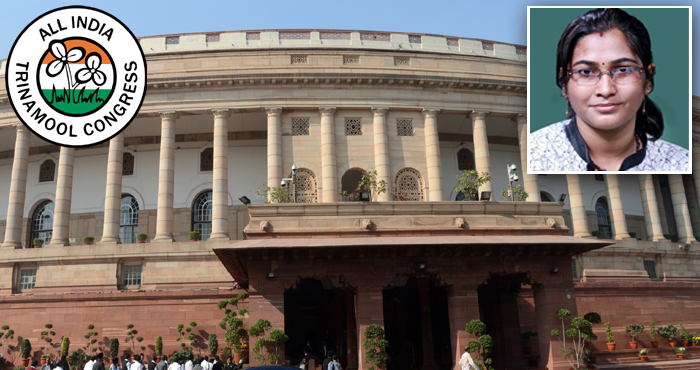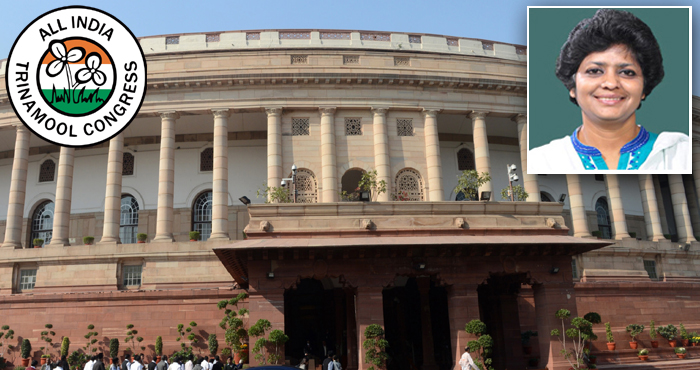Sir, before I say even one word about the incidents that have happened during the last one month, or the discussions we have had – and I have lots to say about it – let me make one message loud and clear, and that is not for anybody in this House.
Message for Pakistan
I must give our friends in Pakistan some straight talk: please do not meddle in our internal affairs; please do not shed crocodile tears; please do not pretend you have any love for the people of Kashmir; please do not give my country any bogus lectures on pluralism and democracy; please do not give us the bhashans by your generals, your politicians and your Establishment. Because my family knows Pakistan and my family knows India.
In 1947, when my grandfather and his younger brother worked in Kolkata; another brother was in Lahore, and he chose to stay there. Today, in spite of all the differences, in spite of all the problems we face, we are still the O’Briens of India. We can eat what we want, we can pray wherever we want to, we can walk the streets freely. But the O’Briens of Pakistan do not exist anymore. This is a fact, Sir. Yes, there are differences, Sir, and in the last two years, there have been very serious differences, and sometimes, it’s not only words which will solve these issues.
Laptops vs Stones
I wanted to start with the history and then come to the present. But I think I will start with the present and then go backwards in time. So let me start with yesterday, Sir. In Trinamool Congress, for the last 18 years, when it comes to matters of foreign policy, we are always with the Government; we are always with the country, it is not about winning any political points.
But yesterday, Sir, it was said by the Honourable Prime Minister that if those boys and girls had books in their hands or laptops in their hands or cricket bats in their hands, it would have been better, than stones. Sir, that statement concerns me. My concern is even if those young boys had laptops or books or cricket bats they would have still thrown it at where they want to throw it. This is a matter of concern, Sir. So we need to understand the situation better.
And I’ll say this, Sir. It is one thing when you are sitting in Opposition and you want to play Rambo, and it is another thing when you are in government and you have to work for maintaining peace and serenity.
A lot of the history which I wanted to say, Ram Gopal Ji, the professor has said before me. I will not go into the history but Ram Gopal Ji, whatever you have said about the history, I am completely on the same page as you. I do not want to mention too many names here because people will get touchy when you mention names.
Nationalism vs Patriotism
Sir, this is a human tragedy; this is a tragedy of common people. Who would know Zohra Farooq? She’s five years old, Sir, and she said (she said in Urdu, which got translated into English), “We don’t burn firecrackers at home, but THEY burn them now.” Sir, that reminds me – who is a nationalist and who is a patriot? The nationalist loves his country, the patriot loves the people of his country. And it is very important, Sir, at this stage, not to make a distinction between Kashmir the land and Kashmiris the people. This is important, Sir.
Kashmir – Behind the Vale
Here lies the paradox – this issue is above politics, so don’t get touchy. Interestingly, a few days ago there was a speech in Lok Sabha on behalf of the government, and I was intrigued to know who spoke on behalf of the government. His views on Kashmir 20-25 years ago may be a very nice view. It is a good view and it is often criticised because he is a Muslim.
Sir, I need to bring this point out today because this gentleman believed that Sardar Patel also had some views on Kashmir, and even Shyama Prasad Mookherjee was a stumbling block. Sir, I welcome the person the BJP chose to speak that day in Parliament. Maybe today the BJP and the NDA are taking a different look at Kashmir. The person who said all these words last week was MJ Akbar.
The BJP is looking at someone like MJ Akbar – he is my friend and I do not want to embarrass him – who wrote the book ‘Kashmir, Behind The Vale’. I am not here to publicise his book; he is your Minister. It is another matter that when this book was launched in 1991 there were many in your party who threatened to burn the book.
We want to hear voices like this Sir. The more we hear voices like this the more we believe there is a chance to solve this issue.
Move beyond statistics
Sir, let us move on to the Home Ministry. Some of my colleagues are on the Standing Committee on Home Affairs and I hear a meeting has been called today at 3 o’clock. And for that meeting we have been given some details from the Home Ministry.
The Home Ministry has given us the details of the use of pellet guns, and I am reading from that report. It says that in 2010 there were 6 deaths and 198 injuries and in 2016 there have been 3 deaths and 58 injuries. Sir, we have to go beyond these statistics. Sir, we have to come out of this mentality, because unless we come out of this mentality we will continue blaming each other. It is like saying that there are few injuries now, so we have committed a lesser sin. Sir, it is much beyond that.
Internet penetration
There is a big difference in Kashmir today; I was trying to study this change in the last 2-3 days; this is what I think has changed on the ground in Kashmir. Sir, in 2011, the internet penetration in Kashmir was 3 per cent, today the internet penetration in Kashmir is almost 28 per cent. Sir, that is a major change that has happened in Kashmir. And today, if you ask me, why the Hurriyat or anyone else doesn’t have control over these people, nor can the security forces? Because how can you have an encounter with YouTube? You can’t, because the opinion is being made on the internet.
Mr Home Minister Sir, you tweeted on July 9, 2016: “I appeal to the people of Jammu & Kashmir to remain calm and maintain peace, the centre is working with the state government.” Excellent. But the problem is when the tweet went out, the internet itself was blocked in Kashmir. In fact, in Kashmir the internet has been blocked 13-14 times. You cannot get young people on your side if you keep blocking the internet. The only other State that has blocked it 8 times in the last 2-3 times, is a western Indian state (Gujarat). I am saying it because it’s a fact.
Sir, Kashmir is non-negotiable. Similarly, the welfare of the people of Kashmir also has to be non-negotiable.
Sir, I am coming to the issue which actually started all this – Burhan Wani. The issue of internet penetration and Burhan Wani are linked because Burhan Wani was more dangerous on the internet than he was on the streets. I feel Burhan Wani is more dangerous in his grave than his living room. And Burhan Wani is maybe more dangerous when he is dead than he was alive. Sir, this is the changing situation in Kashmir.
We must move beyond the Home Ministry numbers. We must restrain ourselves; we are a young party of 18 years, so when we are telling the Congress and BJP, the national parties to do this, we are saying with all humility.
Pellets
Sir, I want to make a specific recommendation to the Home Minister. The Minister has said there are 4-5 different types of pellets; I do not want to make this a discussion on pellets. You have asked for 2 months for the expert committee to give its report. Two months is a long time. There is enough technology, Sir. Make it two days, make it one week and let us have the expert committee report. Those pellets are hurting, Sir. They are not only hurting the children but also hurting the consciousness of Kashmir.
Bottomline
I have never tried this before, but I will try it only once; I will end Sir, with an Urdu couplet.
Ek do jaga nahi,
Saara badan hai chhalni,
Dard bechara pareshan hai,
Kidhar se uthey.
Thank you, Sir.







